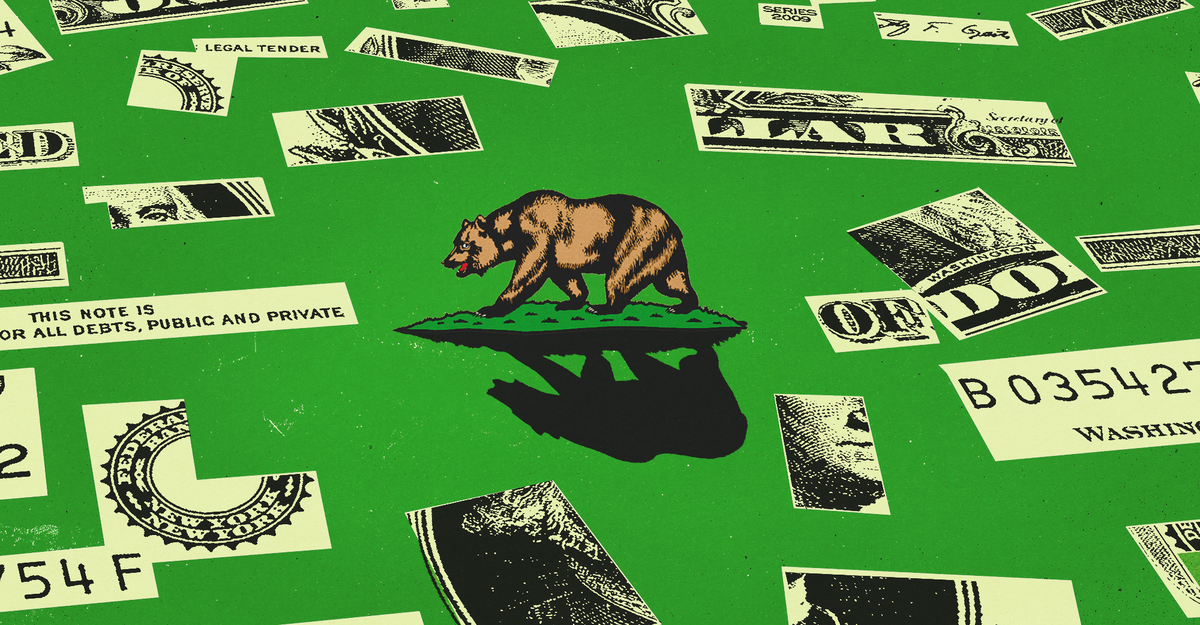That doesn’t mean raising the minimum wage had no negative consequences. Reich and his co-author, Denis Sosinsky, found that the higher minimum wage caused menu prices in California fast-food chains to rise by about 3.7 percent. That number is far lower than the “$20 Big Macs” that critics of the law warned of, but it’s still significant at a time when many consumers are deeply upset over the post-pandemic spike in food prices. Even so, Reich points out that this number pales in comparison with the 18 percent raise that the average fast-food worker received because of the new law. (The authors calculated that about 62 percent of the wage increase was absorbed through higher prices, while the rest was likely absorbed by a mix of reduced turnover and, crucially, lower profits for franchisees—hence the massive industry resistance.)



It’s been declared a failure because the corporate overlords say so.
Yeah, the three percent rise likely would have happened either way. The prices are what the economy will tolerate not the cost of business. If the cost of business exceeds the price the economy will tolerate the business folds. This should make the businesses that are left over more efficient. The most efficient countries (highest GDP) tend to have higher wages.
Another perspective is that a 3% increase in prices - even without non-labor inflation - to pay people closer to a living wage reflects a more accurate cost of that dining experience. It could be that the public is subsidizing those restaurants’ labor through social programs that make up the difference vs a living wage
As you noted, with the real (or at least more realistic) cost of eating out reflected in the pricing, consumers will decide if that experience is worth it. And some businesses may close. And that’s called capitalism